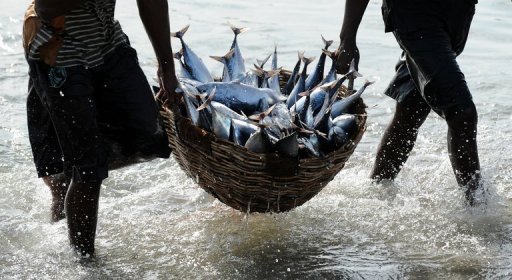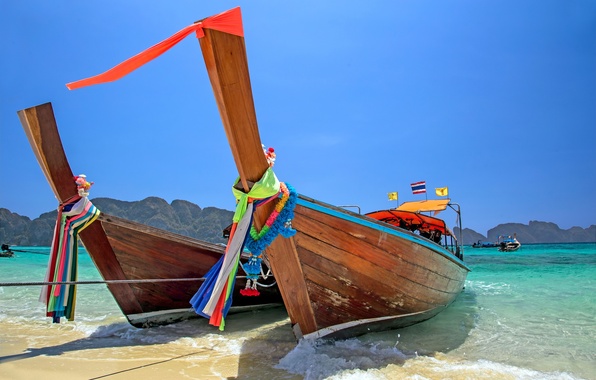
The packaged food with all its health claims, the marketing, celebrities endorsing and its quirky characters that appeal to the kids, only makes for a good business model for the companies as it helps them maximize their sales but it’s not good for human health.
The local food movement on the other hand, needs to gain greater momentum. Eating locally grown food is the need of the hour and for good reasons-

1. Good health and nutrition– Local foods are foods that are grown around the place you eat. Since the food does not travel as far, they have fewer food miles. Lesser the distance traveled, more the nutrients retained. Fewer food miles essentially mean that it arrives fresh on your plate and is full of nutrients, taste and flavour. When you eat food that is local, you also ensure that you are eating seasonal. Additionally, compared to large factory farms, small farms are most likely to be less aggressive in the use of chemicals, pesticides etc. in their produce.

2. Environmental sustainability– With fewer food miles, local foods save on greenhouse gas emissions and contributes to improve our carbon footprint. Since eating local food eliminates the need to recruit fuel dominant transportations, it can serve to be one of the most effective measures to reduce global warming.

3. Ecological diversity– Protecting our large food diversity and preserving the agricultural gene pool is essential if we want to address issues of global food security and zero hunger. Local crops are climate smart as they adapt to marginal soil and climate conditions and can reduce our dependency on only major crops for food.

4. Local economy– While buying an industrialized and processed food pack off the shelf of a multi department store, you are only funding the big CEO of a giant food company. Instead eating local helps you support the cause of small farmers and indigenous tribes and allows active participation in building local economy.
As the song from the Island Food Community of Pohnpei goes, let’s sing in chorus- “Let’s go local, let’s stay local.”
Reference-
Unsure about the right diet for you? Are you torn between what you’d love to eat and what you hear is unhealthy for you? Sign up for a one-on-one nutrition & diet consultation with leading Mumbai dietitian Munmun Ganeriwal



